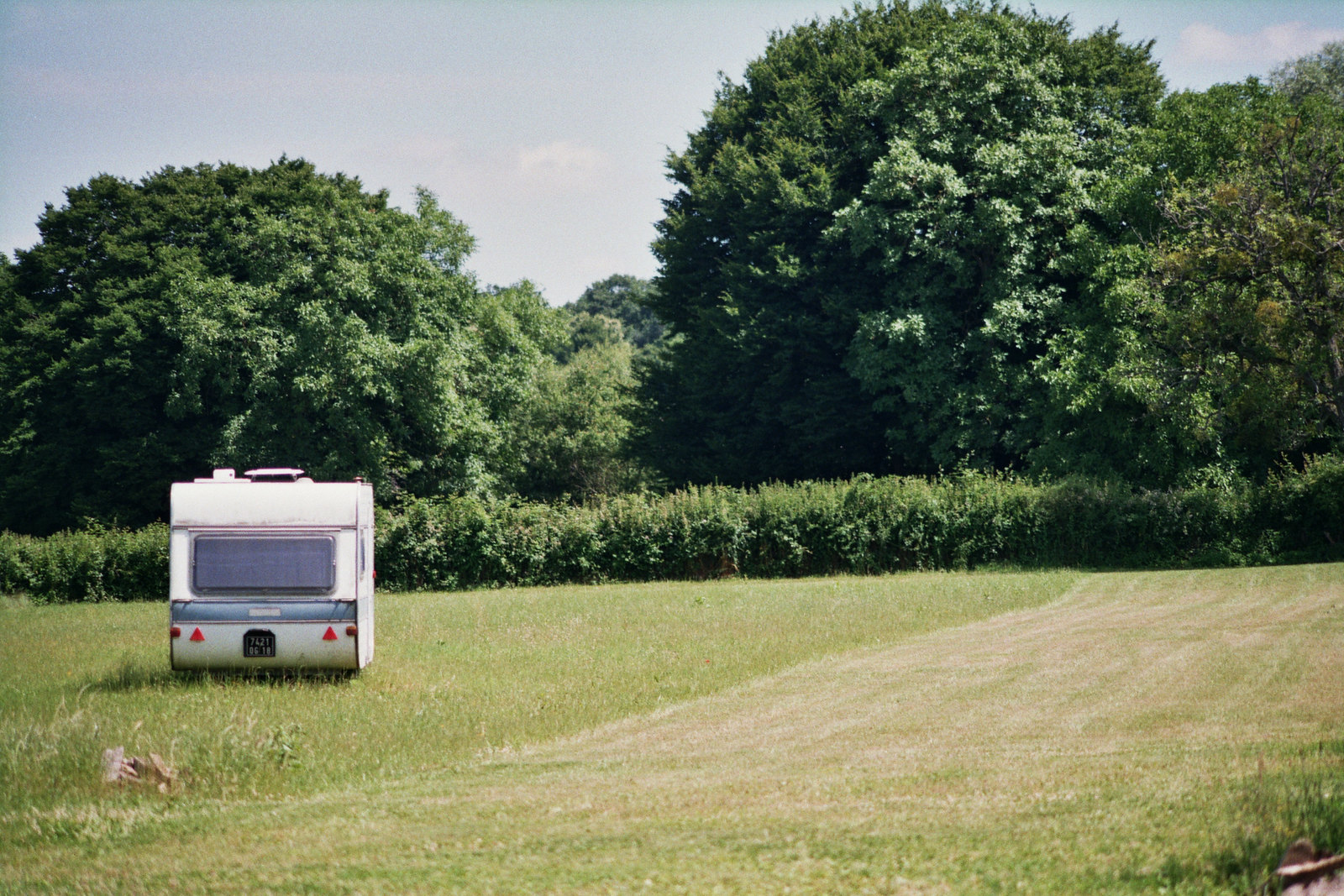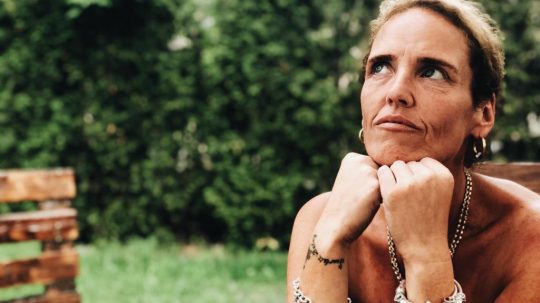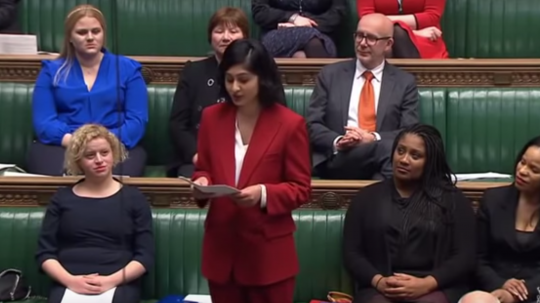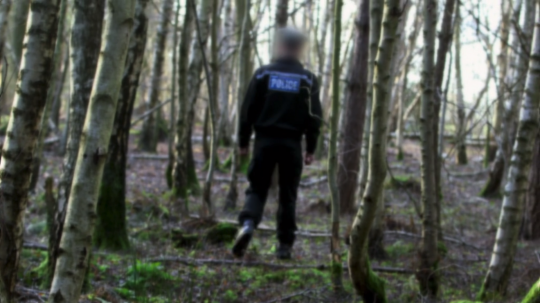The looming threat of eviction is undermining the ability of homeless Gypsy, Roma and Traveller (GRT) communities in England to adhere to coronavirus lockdown measures, it has been warned.
Campaigners are urging Westminster to follow the example of the Scottish and Welsh governments by advising local authorities, police and other landowners to halt all evictions of unauthorised sites amid the pandemic, unless there is an immediate threat to public safety.
It comes after Surrey Council and MP Michael Gove received criticism for instigating the eviction of a Roma camp from a recreation ground last Monday (27 April).
Days later Walsall Council, in the West Midlands, evicted a group of Travellers from a temporary site set up in a carpark following a number of reported breaches. Local MP Eddie Hughes, among others, had previously questioned the suitability of the council’s choice of location for the site.
Primrose*, a postal service and delivery worker who lives in a van in Hampshire, contacted her local authority when the lockdown began and was told she would not be able to stop on unauthorised council property, such as car parks, as the council had taken out an injunction banning this.
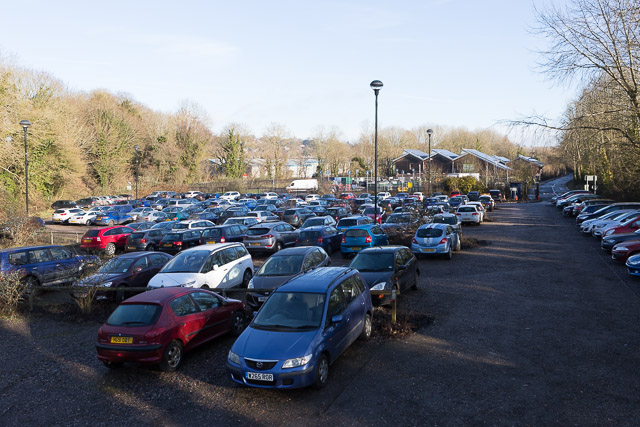
The council banned Travellers from stopping on property such as car parks. Credit: Geograph
“My local authority told me they had no plans for full-time van dwellers,” said the 61 year old. “They suggested I paid to stay at a caravan site or register as homeless, but caravan clubs had closed and were no longer allowing van dwellers to use their land.”
Basingstoke and Deane Borough Council has been approached for comment.
The vast majority of Gypsies and Travellers who live in caravans live on authorised sites which may be either council-owned or privately-owned with a licence, according to the most recent government figures.
Some councils also provide transit sites where people can stay temporarily, normally for a period of up to three months.
In January 2019, about 11 percent of Travellers were on unauthorised sites. This is mostly due to a “chronic national shortage” of sites, according to charity Friends, Families and Travellers.
Campaigners say the shortfall of permitted sites has resulted in overcrowding on the few that are available. It is feared that forcing people to move on will undermine their ability to adhere to government guidance on hygiene and social distancing, increasing the risk of infection.

People in the UK are currently only able to leave their homes with a reasonable excuse under current lockdown measure. Credit: Unsplash
Lobby group London Gypsies and Travellers has said these communities are especially at risk from the coronavirus. Communities face serious health inequalities and poor life outcomes compared to the UK population, including higher rates of long‐term illness, health problems and disabilities.
The closure of leisure centres, churches and petrol stations and recycling centres, among other services, means that some people will have no access to water or places to get rid of refuse.
Meanwhile, people living in mobile homes have become targets of harassment and abuse from people who think they are tourists and flouting social distancing rules. An online campaign has been launched under the hashtag #weareathome to raise awareness that many people are social distancing in a vehicle because it is their only option.
“Reports in the media had indicated that people in motorhomes were being irresponsible or risky. This fails to acknowledge that for some, such as myself, this is our home and only accommodation,” Primrose said.
“I no longer felt comfortable staying in some of the locations I tended to go to, businesses had ceased trading and I felt vulnerable and isolated in spaces where I usually had company. I was also worried about media comments inciting hostility towards motorhome dwellers.
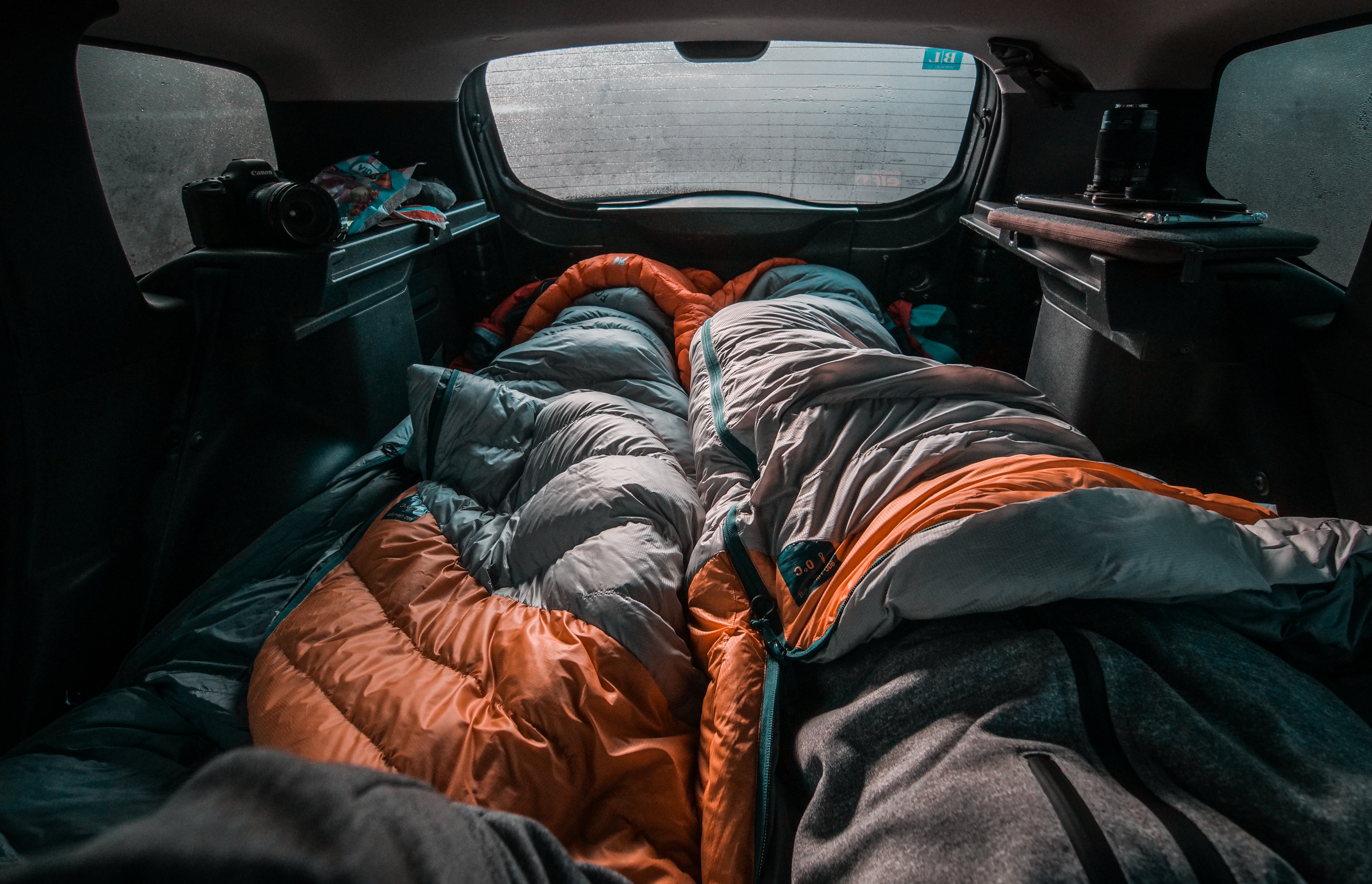
People forced to sleep in their vehicles are raising awareness of those who don’t have a bricks and mortar home. Credit: Unsplash
“The government has totally failed to identify where Gypsies, Travellers and van dwellers can go during this pandemic potentially pushing us from pillar to post while at the same time wanting people to not travel.”
The cost of arranging temporary amenities is really a drop in the ocean and we hope to see more local authorities using some of their government funding to do this.
Abbie Kirkby, advice and policy manager, FFT
While the government introduced increased protections for renters for the duration of the national emergency, charities say less support has been afforded to Gypsies and Travellers living in England.
In March a group of 29 charities and campaigners wrote a letter to health secretary Matt Hancock and communities secretary Robert Jenrick calling for basic facilities – such as water and sanitation – to be provided to the more than 95,000 people estimated to be living roadside, on sites and on boats.
It also called for all evictions to be stopped and the adoption of a “negotiated stopping” approach, where local authorities reach a mutual agreement with roadside families and provide facilities like water and refuse collection.
On 11 April, communities minister Stephen Greenhalgh wrote to local authorities to remind them of their responsibility to support Gypsy and Traveller communities by providing basic facilities or suitable sites – but stopped short of advising against evictions.

Communities secretary Robert Jenrick is calling for basic facilities for Travellers – such as water and sanitation. Credit: Unsplash
While welcoming some of the content of the letter, FFT said the guidance “does not go far enough”.
Abbie Kirkby, the group’s advice and policy manager, said: “The cost of arranging temporary amenities is really a drop in the ocean and we hope to see more local authorities using some of their government funding to do this.
“Nobody should be excluded from protection because of the type of home they have. We’re experiencing a global pandemic, and at this time, more than ever, we should pull together and protect one another.”
The charity called for a halting of evictions in England, underlining: “It’s only common sense that at a time of mass immobilisation as a result of a nationwide lockdown, evictions should be stopped.
“It is irresponsible and cruel to push families from place to place or leave them without the most basic of amenities such as water and sanitation so that they can follow the public health guidance – we must protect all of our communities during this frightening health emergency.”
A government spokesperson said: “We have been in close contact with Traveller communities and are doing everything we can to support them, and the settled community, through the pandemic. But unauthorised encampments cause harm to the local environment, and the rights of settled residents should also be respected.”
*Second name omitted to protect privacy

